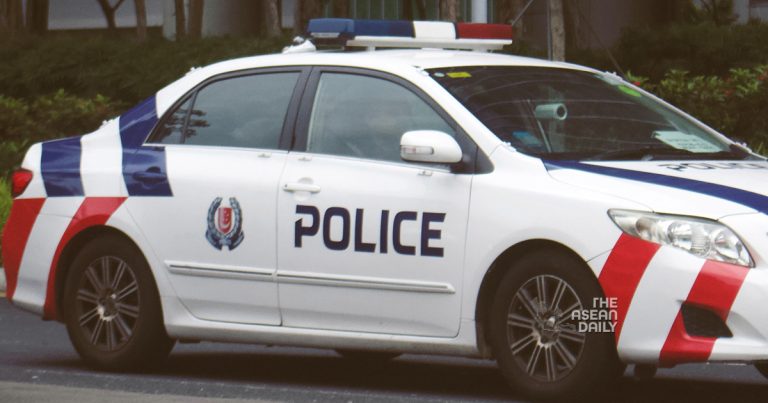7-3-2024 (SINGAPORE) In a move to address operational gaps and enhance public safety, the Singapore government is seeking amendments to the law, empowering police officers in dealing with individuals showing signs of mental disorders that pose a safety risk. The Ministry of Home Affairs (MHA) announced these proposed changes on Thursday (Mar 7) through the Law Enforcement and Other Matters Bill, which is scheduled for parliamentary debate in the future.
Under the proposed amendments, if the Bill is passed, the police will be granted the authority to search, restrain, and use necessary force when apprehending individuals deemed “mentally disordered.” The key focus is on clarifying thresholds for apprehensions under the Mental Health (Care and Treatment) Act (MHCTA).
The new law would allow police officers to take someone into custody if the danger to human life or personal safety is “reasonably likely to occur,” eliminating the requirement for the danger to be “imminent.” This adjustment aims to facilitate the timely apprehension of individuals showing signs of mental disorders, preventing potential harm.
This initiative follows a High Court ruling approximately a year ago, where a man was wrongfully arrested in 2017. The court found that the bar for apprehension under the MHCTA had not been met, raising concerns about the need for legal clarity in such cases.
Home Affairs and Law Minister K Shanmugam expressed his concerns over the judgment, contemplating the possibility of challenging it or enacting laws to address discrepancies between policy intent and legal positions. While MHA did not appeal the judgment ultimately, the proposed amendments aim to align the powers of apprehension in MHCTA with those under the Criminal Procedure Code.
The Bill also clarifies the thresholds that must be met before a police officer can apprehend someone under MHCTA. This includes scenarios where an individual poses a threat but the danger is not immediately imminent.
MHA highlighted a specific scenario where an individual threatens harm to family members but does not indicate an immediate action. The proposed amendments aim to address such operational gaps and provide clearer legal guidance.
Additionally, the proposed changes include granting police the authority not to take further action in non-arrestable offences if they believe the case is not of a serious nature or lacks sufficient grounds. This aligns with similar provisions already in place for arrestable offences.




